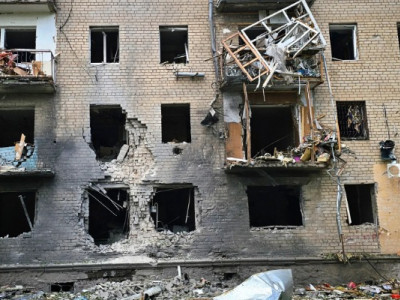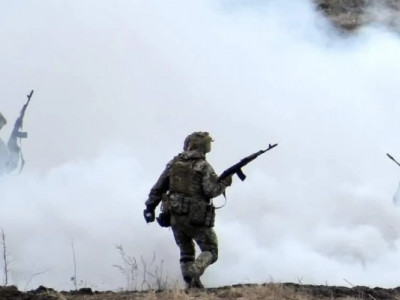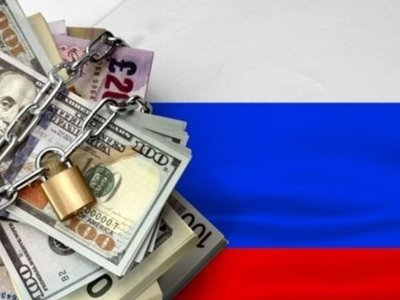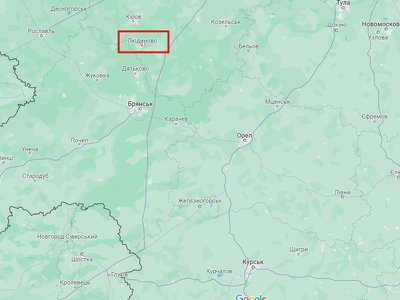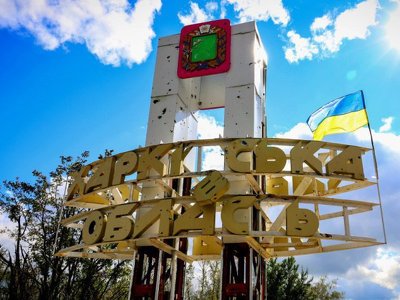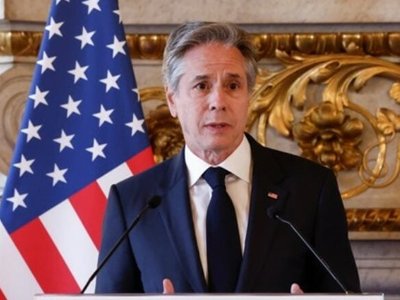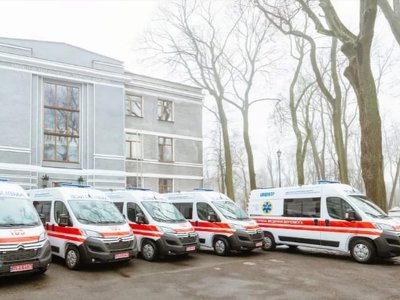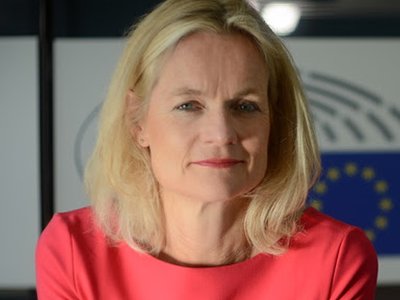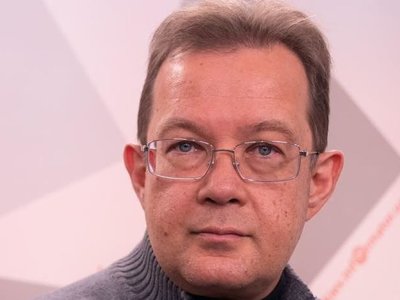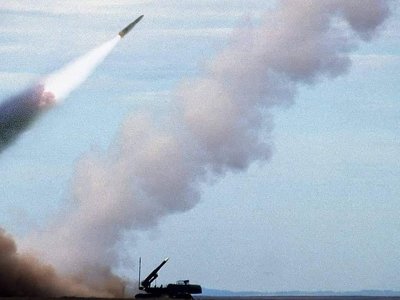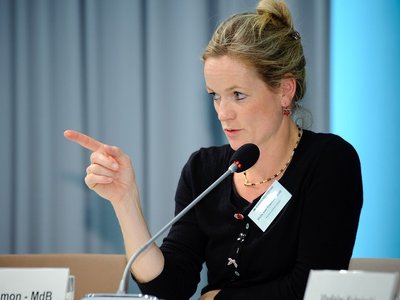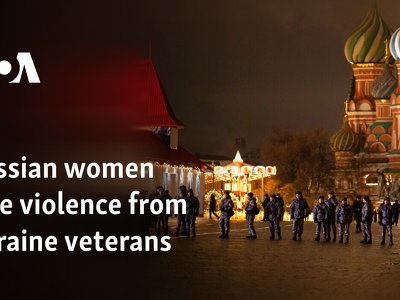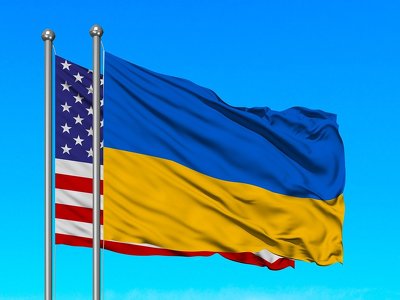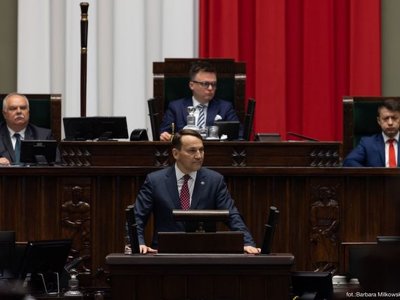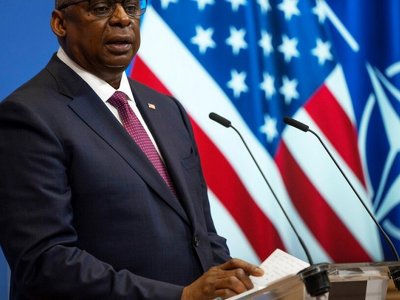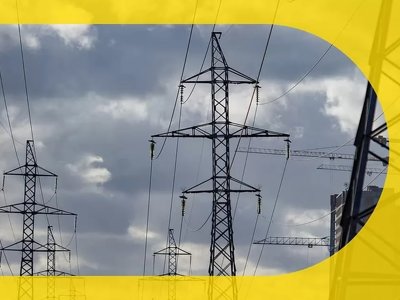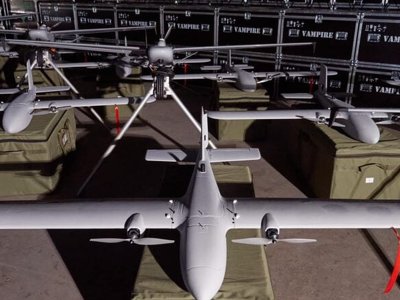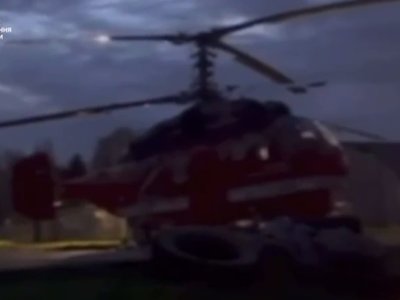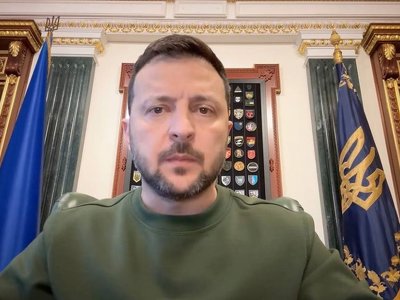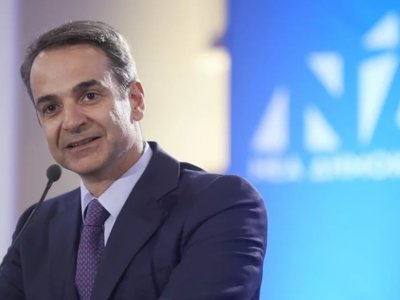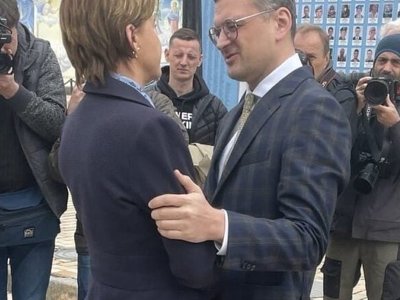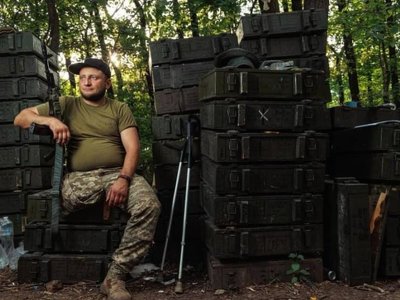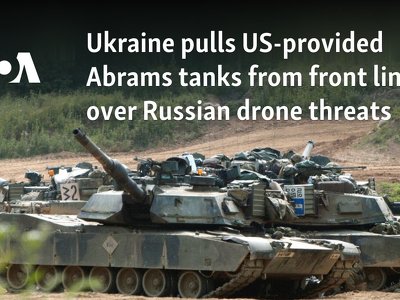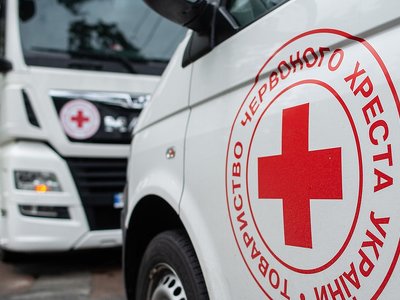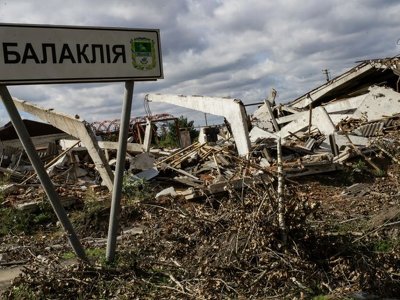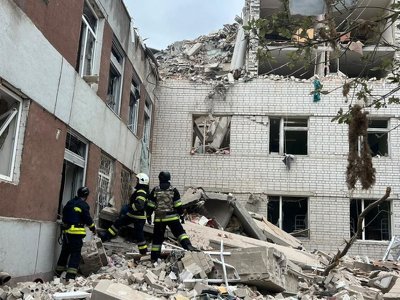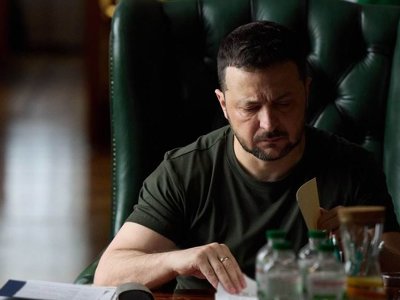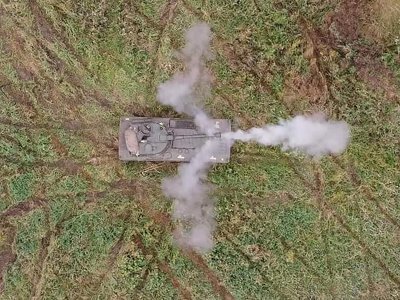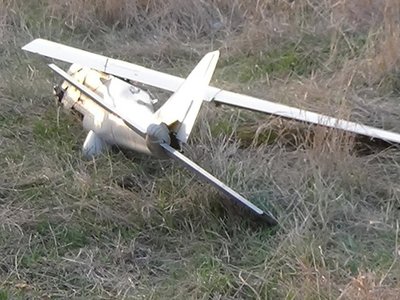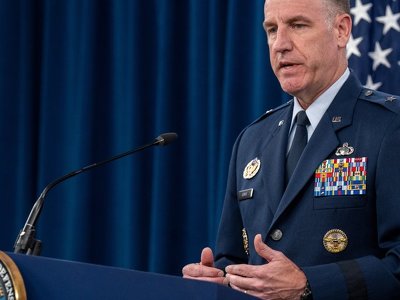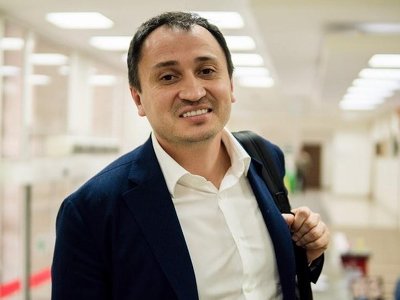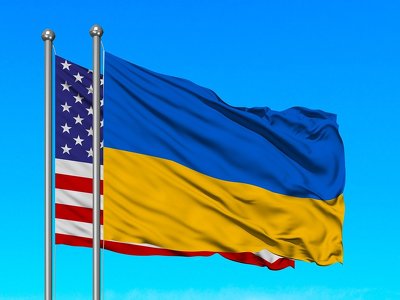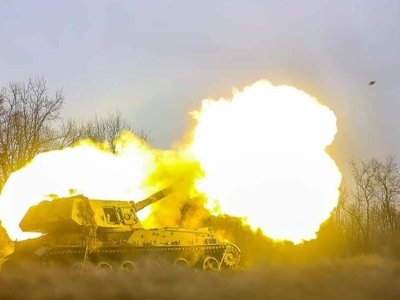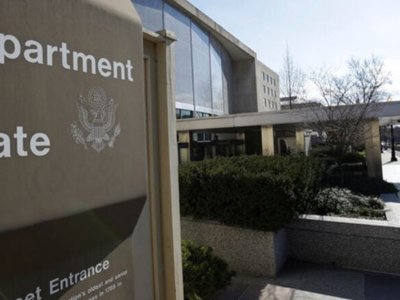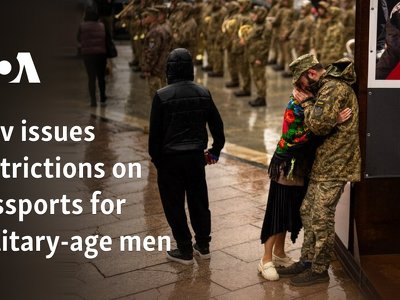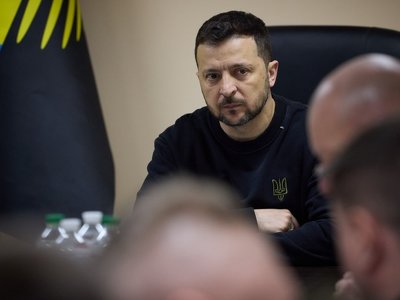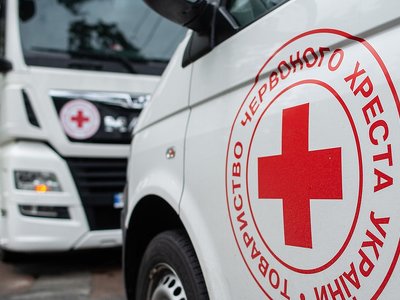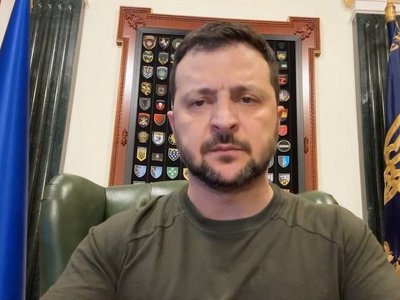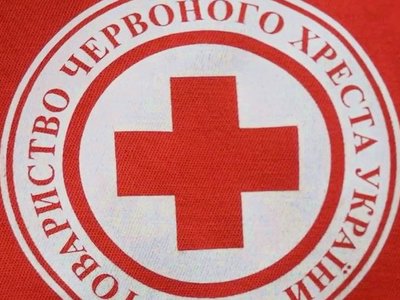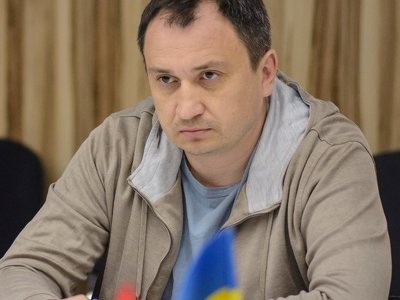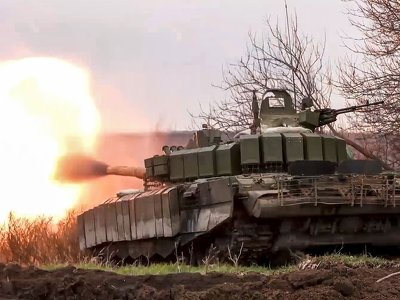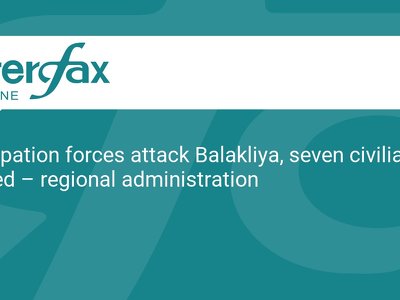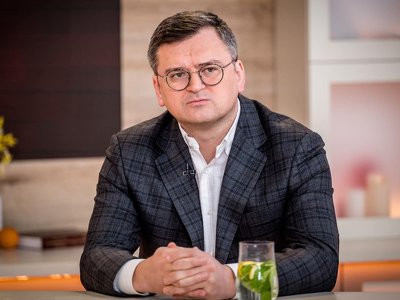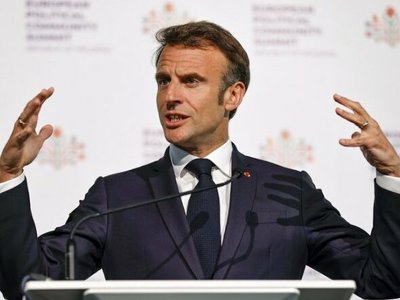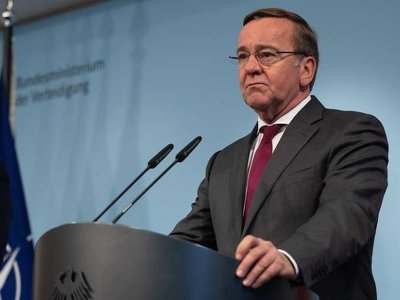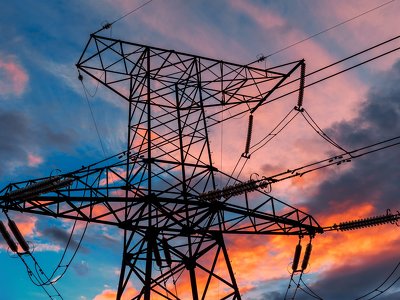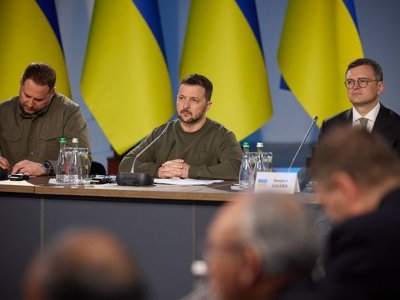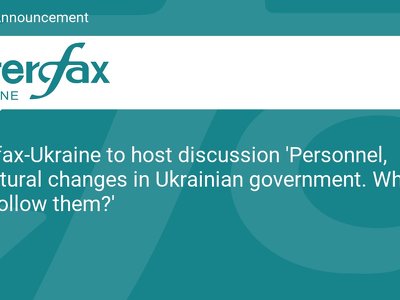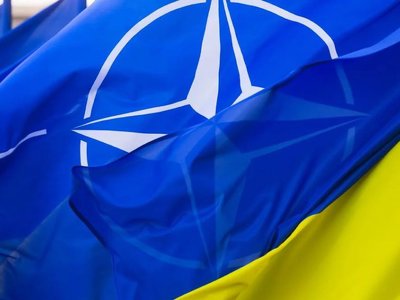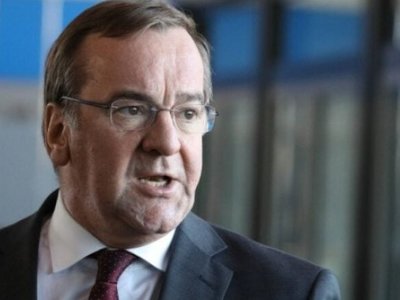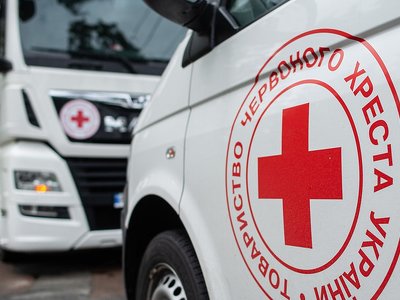How anti-Ukrainian discourse weakened Poland ahead of Russia's attack

Although Polish politicians have long warned that Russian aggression could and would spread further westward, the 10 September incursion of nearly 20 Russian drones seemed to catch them by surprise. In recent months, it had become increasingly fashionable to tell voters this was "not our war."
We still do not have confirmed information, but there may have been a second incident. Air raid sirens went off in several counties of Lublin Voivodeship on Saturday.
Read more about the processes unfolding in Poland after the Russian drone incursion in the article by Olena Babakova, a journalist from Warsaw: Russia attacked, but Ukrainians are to blame: how Poland lost the battle to Russian propaganda.
On 10 September, Poland’s military leadership reacted swiftly and decisively to the Russian move: fighter jets were scrambled, some drones were shot down, and officials stated plainly that the country had come under attack.
Top state officials also responded constructively, yet a genuine answer to Russia’s provocation never materialised.
The toothless response from Warsaw is less about ignoring the real threat than about Washington’s sluggish reaction.
Poland’s foreign and security policy is oriented toward the United States far more strongly than, for example, the governments of France or Germany.
America’s sluggish response is a bad sign not only for Poles but also for Ukraine. Poland diligently fulfills its duties as Kyiv’s main logistical partner partly because it feels relatively secure itself. US passivity undermines that sense of security while strengthening the Kremlin’s feeling of impunity.
Among the interesting domestic political consequences of Russia’s attack is the divided reaction of Poland’s far right.
While the mainstream, Law and Justice and the Civic Coalition, reacted in broadly similar ways, never forgetting to criticise one another, the popular far-right party Confederation (polling at 10–15% over the past six months) and allied circles have shown a clear split.
On one side stands Deputy Speaker of the Sejm Krzysztof Bosak, who dismissed as conspiracy theories the claims that it was Ukrainian drones that violated Poland’s airspace or that Ukraine deliberately allowed them through.
On the other is his party colleague Sławomir Mentzen, who scored a notable 15% in the last presidential election.
Mentzen criticises Prime Minister Tusk and Law and Justice (whose candidate became president) for leaving the country unprepared for a drone attack, urges cutting all possible social programs in favour of defence spending, yet consistently omits the fact that the attack was Russian and that Russia poses a threat to Poland.
Together with constant criticism of the presence of Ukrainian migrants and refugees in Poland and calls to block Kyiv’s accession to NATO, this selective amnesia regarding the Kremlin is telling.
But perhaps the worst development in Poland after 10 September has been the flood of pro-Russian propaganda and the surge of anti-Ukrainian hysteria, observed for at least several months.
According to research by Res Futura, the largest share of comments on Facebook on 10 September (38% of the total) blamed Ukraine for the attack on Poles (to clarify: this reflects social media posts, not a representative slice of public opinion).
This wave of disinformation about Ukraine’s supposed role in the drone strike overlapped with an already ongoing hate campaign against Ukrainians in Poland. Prime Minister Donald Tusk and new President Karol Nawrocki, though rivals, had both fueled anti-Ukrainian rhetoric in pursuit of far-right Confederation voters.
Now they were horrified to see how, alongside hatred of Ukrainians, Russian propaganda was spreading narratives that directly threaten Poland itself.
Moreover, the proliferation of pro-Russian fake news and anti-Ukrainian hate on social media poses a real danger to Ukrainian citizens living in Poland.
- Last
- February, 05
-
-
-
-
- April, 28
-
-
-
-
-
-
- April, 27
-
-
-
-
-
-
-
-
-
News by day
18 of September 2025

